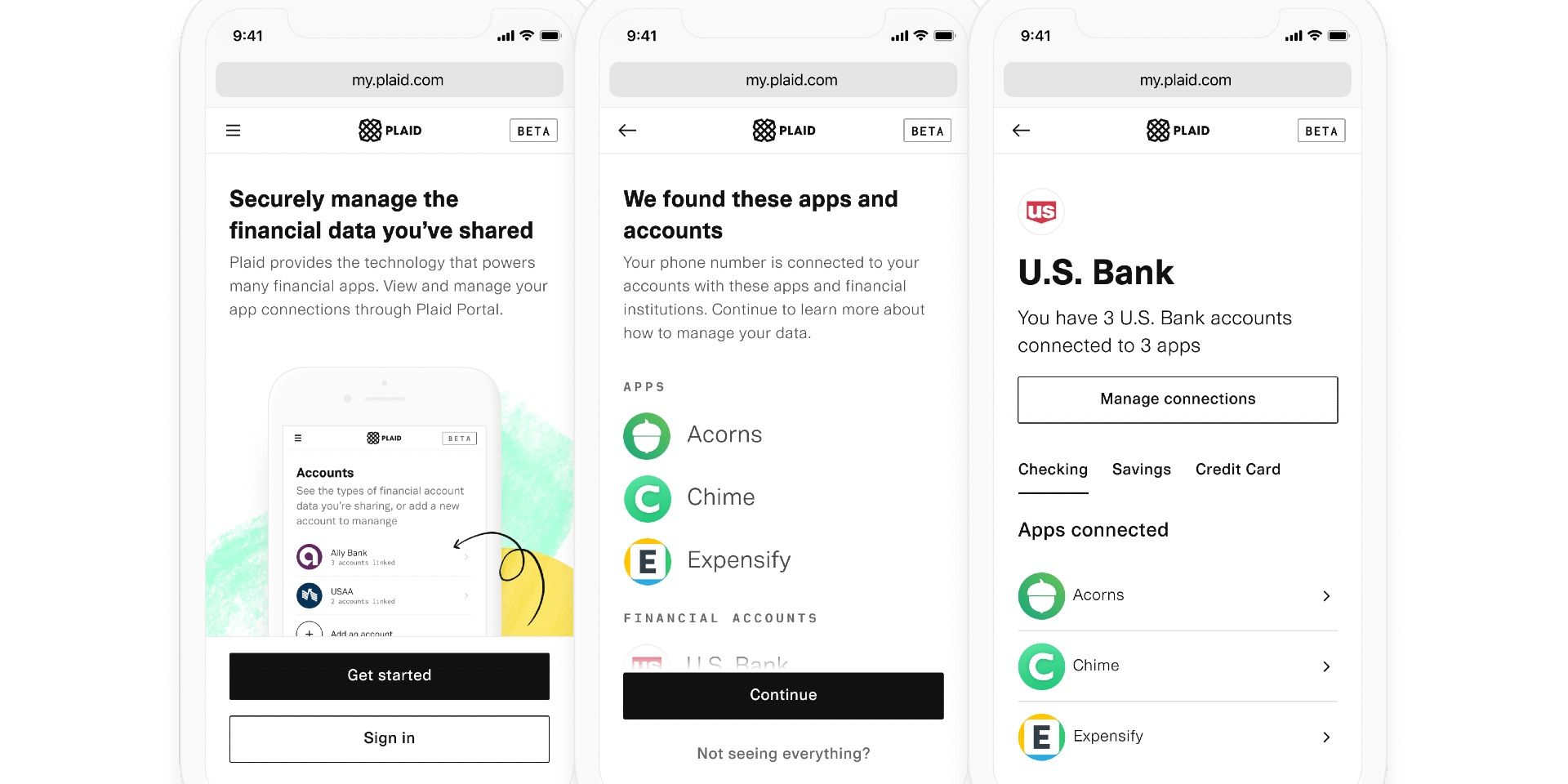Plaid, a service that connects bank accounts to finance apps like Venmo, has settled a $58 million class-action lawsuit after allegedly fraudulently collecting excess user data. If a user used a financial app that connects to their bank account, they’ve most likely used Plaid to authenticate their banking details unknowingly. Many apps, from payment services like Venmo to investment apps like Coinbase to credit checks with Credit Karma, use the Plaid service.
That means millions will be entitled to compensation, if not hundreds of millions. Venmo alone reported 80 million users on the platform, which is a subsidiary of payment processor PayPal. Coinbase, too, is considered a ubiquitous cryptocurrency trading platform, leading the charge since its debut in 2012. Credit Karma is arguably the most common credit-monitoring platform in the United States since it is a free-to-use service. The three most common apps named in the class-action suit are mainstream finance apps that contribute upwards of 100 million users. That’s not all because nearly 5,000 apps are detailed in the lawsuit.
The proposed settlement, which would divide $58 million among the class members, is pending court approval. The class-action suit alleged Plaid misled customers by providing sign-in windows that appeared to be bank account validation. Instead, the company was collecting excess user data for financial gain. As part of the settlement terms, Plaid will minimize the collection of user data when it connects users’ accounts to apps like Venmo, which already has privacy concerns.
How To File For Settlement Compensation
The settlement established an app lookup portal to view what apps have been affected by Plaid’s data collection. Users can simply search the app they’ve connected a bank account to, and if it appears in a list, they may be entitled to compensation. The settlement can only be claimed by United States residents, and claims must be filed by April 28, 2022. Users can submit claims both online and through the mail. However, the payout could be as little as a few dollars per user due to the number of potential claimants.
Though Plaid denies any wrongdoing — it claims that it was completely transparent about its data collection practices — the company offers a process for users to delete their data. Ironically, the process involves creating a Plaid account. To delete the data stored on Plaid servers, create an account at my.plaid.com, where users can manage all data stored on the platform. The class-action suit offers recourse for the misleading collection of user data, but it has reinvigorated calls for more privacy, especially in the finance industry.
Source: Plaid Settlement 1, 2, 3, 4


